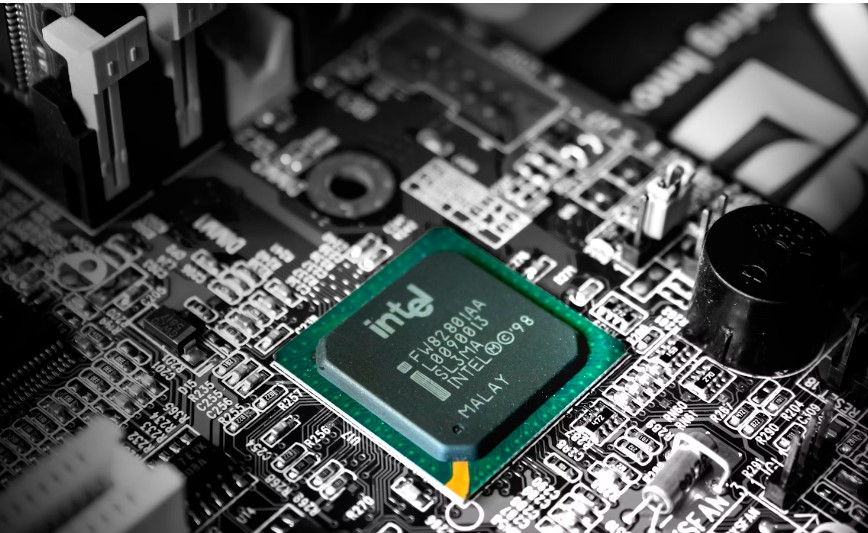China has implemented fresh procurement guidelines intending to eliminate U.S. processors from government computers and servers, specifically singling out prominent entities such as Intel and AMD.
This directive extends to Microsoft’s Windows operating system and foreign-produced database software, showing preference towards Chinese alternatives. Effective as of December 26, the guidelines stipulate that government agencies above the township level must select processors and operating systems deemed “safe and reliable.”
This initiative aligns with China’s overarching agenda to fortify its domestic semiconductor sector and diminish dependence on foreign technology amid the continuing technology conflict with the U.S.
U.S. Implements Stricter Tech Restrictions
In reaction to China’s progress in technology, the U.S. has imposed multiple export restrictions aimed at limiting Beijing’s access to crucial semiconductor equipment and technologies.

Notably, in October 2022 and again in October 2023, the U.S. enacted regulations to hinder China’s ability to acquire, utilize, or produce sophisticated semiconductor chips, citing national security concerns.
Additionally, U.S. chip design company Nvidia faced obstacles in selling advanced AI chips to China. These actions have had a significant impact on major Chinese tech firms such as Huawei and SMIC, curtailing their access to advanced technology and essential equipment for chip manufacturing.
Expansion in China’s Homegrown Chip Industry
In defiance of U.S. constraints, China’s indigenous chip equipment manufacturing sector has experienced significant expansion, marked by a notable 39% revenue surge among the top 10 equipment manufacturers in the first half of 2023 compared to the preceding year.

This upturn is credited to the technology embargo spearheaded by the U.S., inadvertently driving up revenues for China’s domestic chip sector.
Moreover, Morgan Stanley has pinpointed “alpha” prospects within China’s technology domain, emphasizing potential growth avenues despite the overarching economic hurdles confronting the Chinese economy.